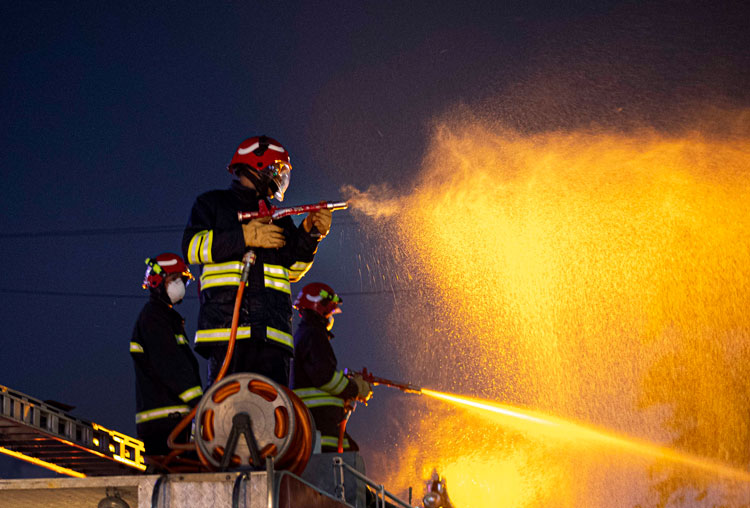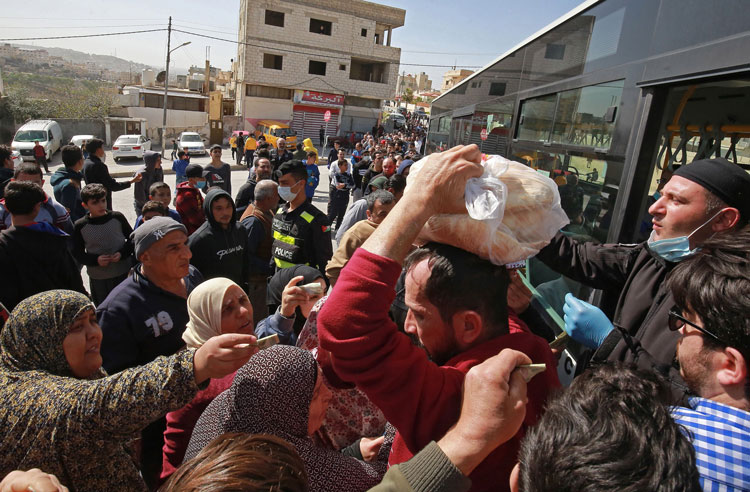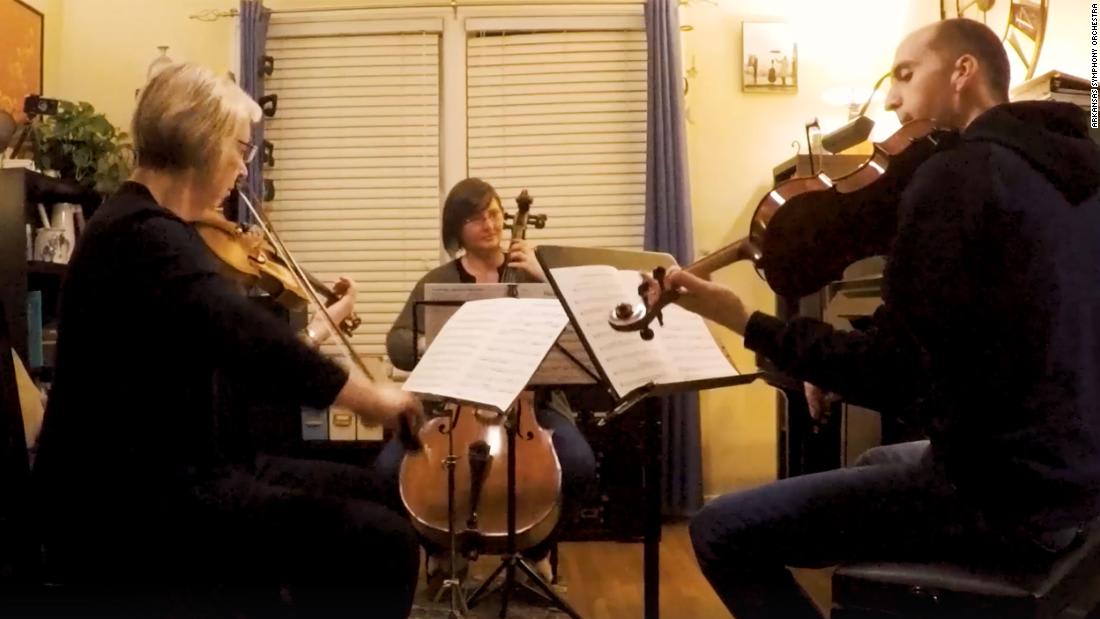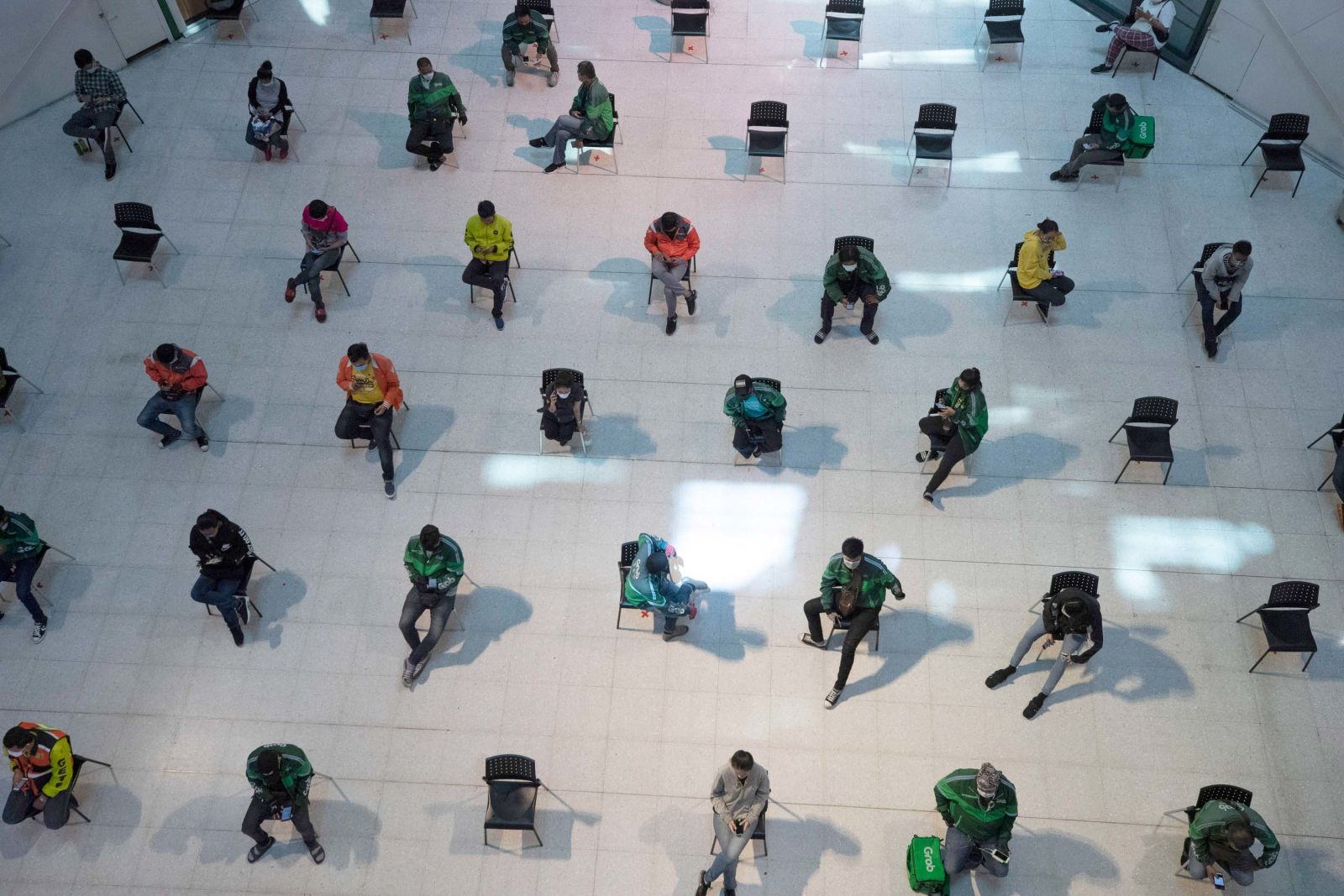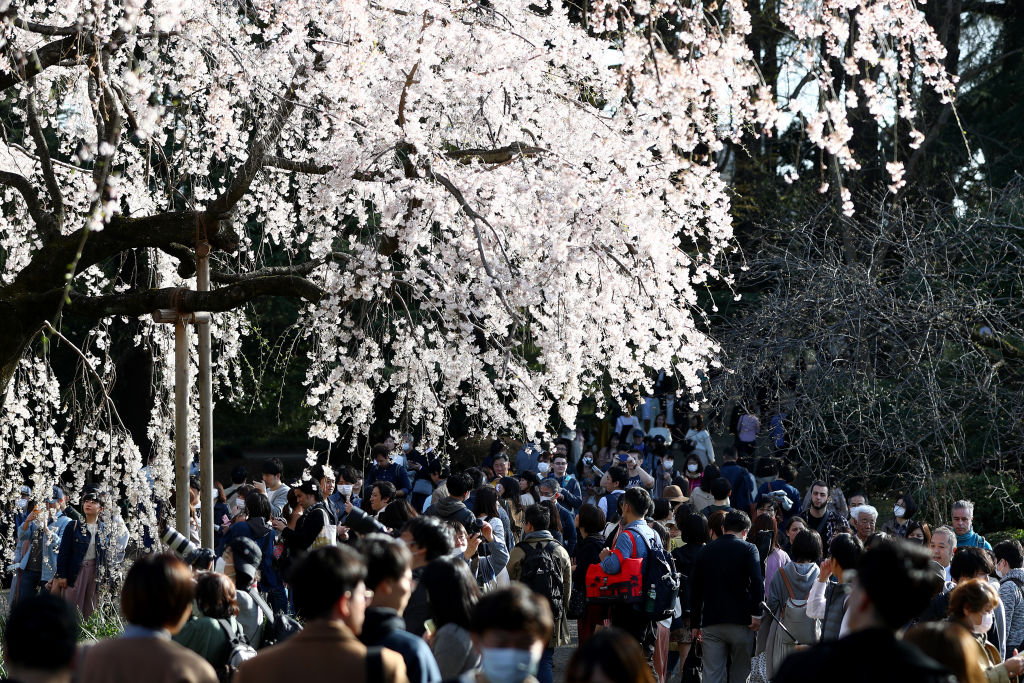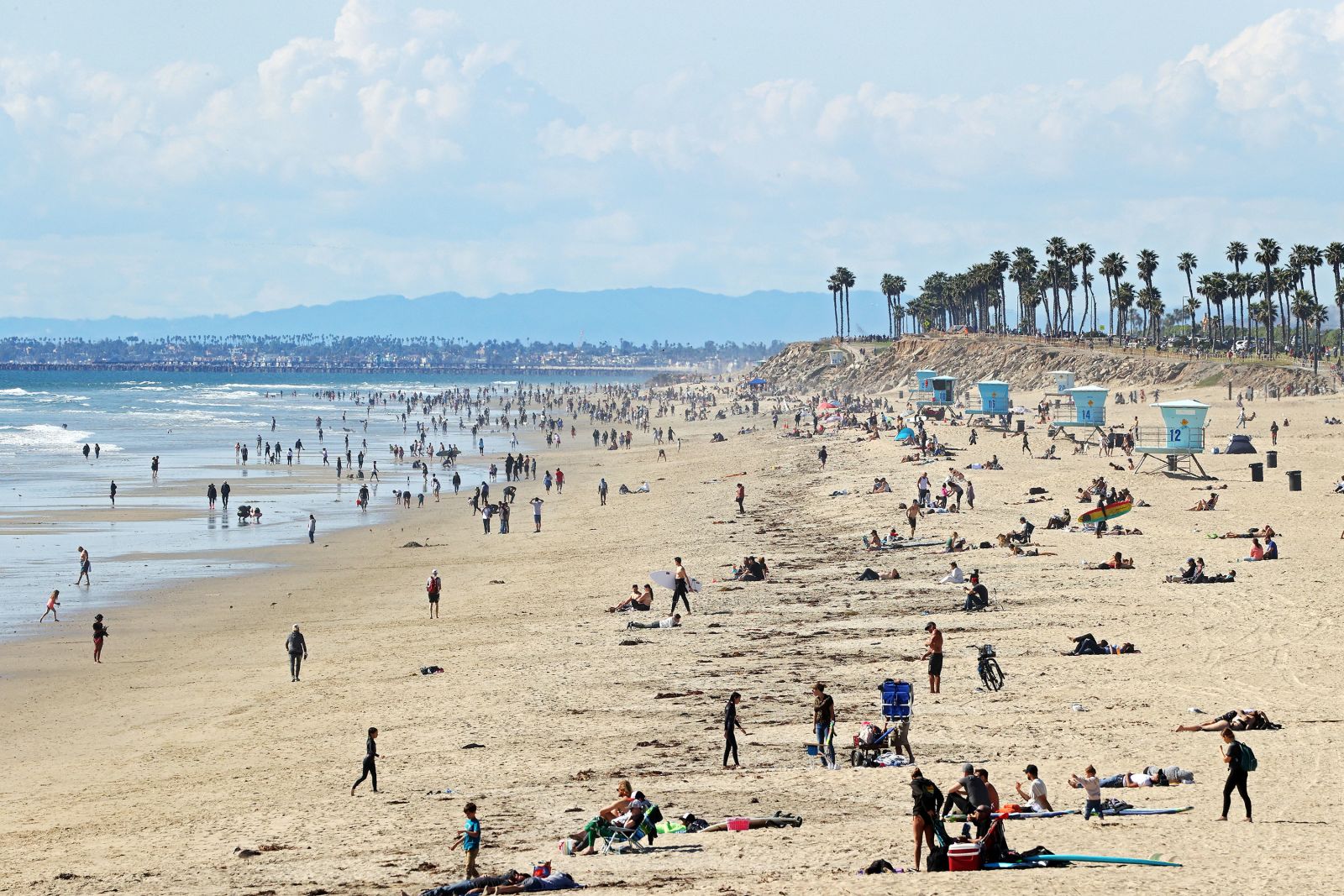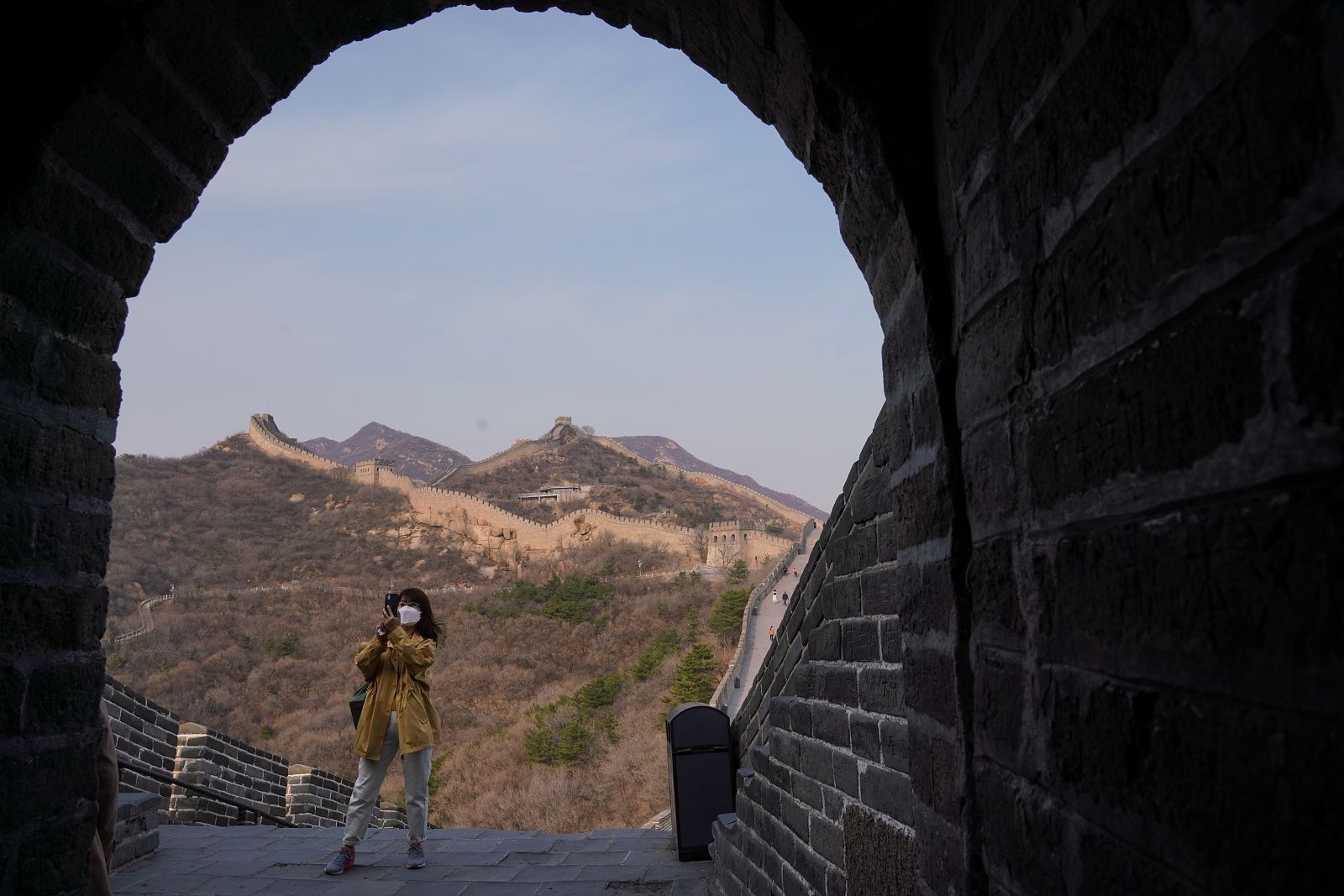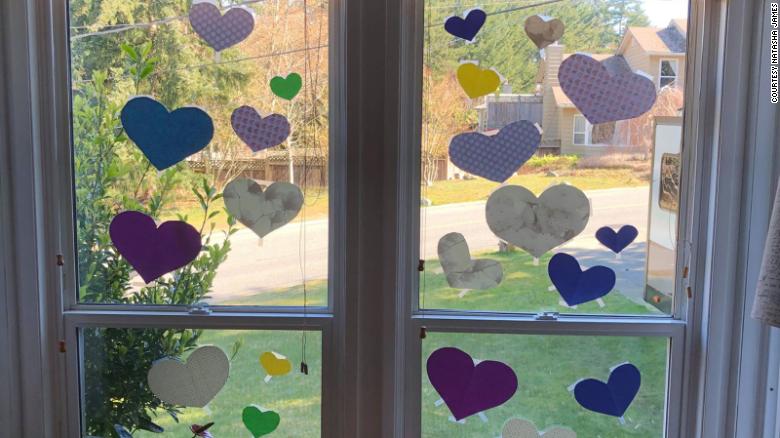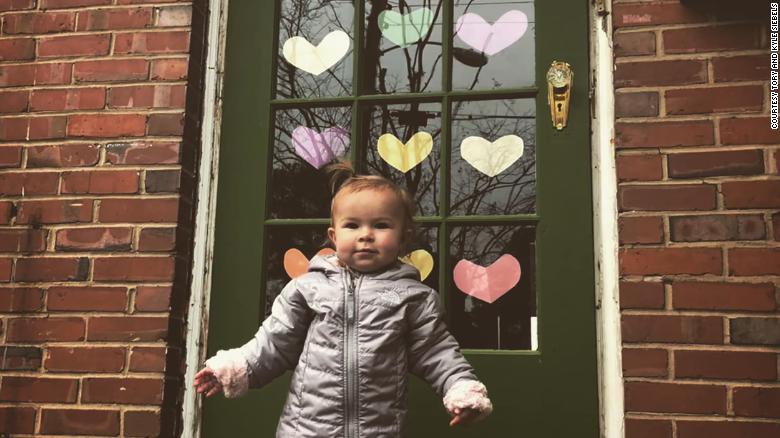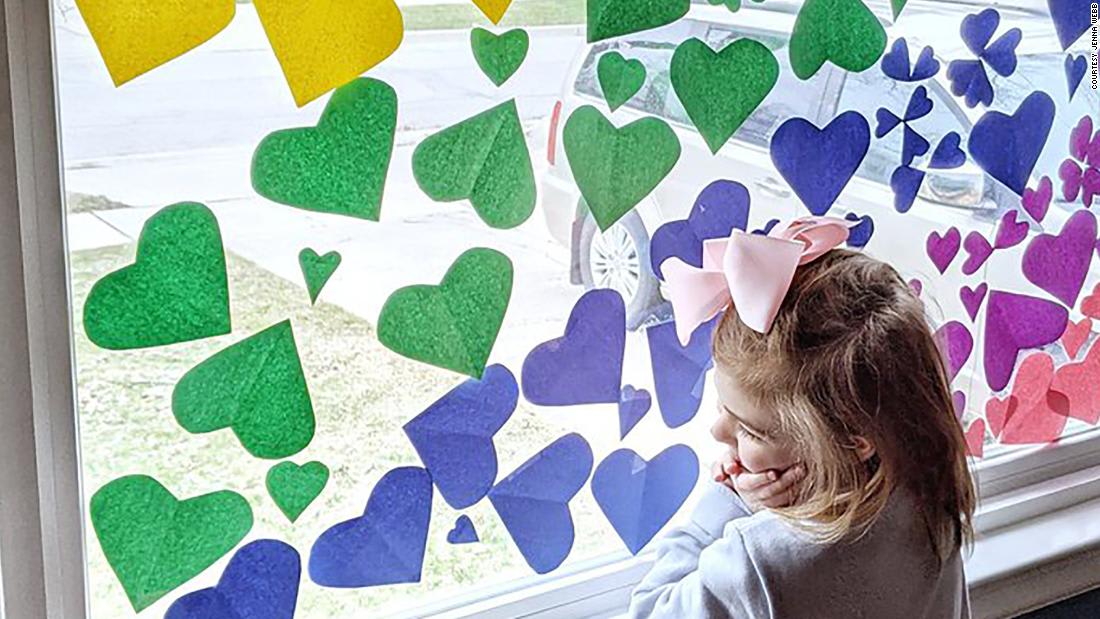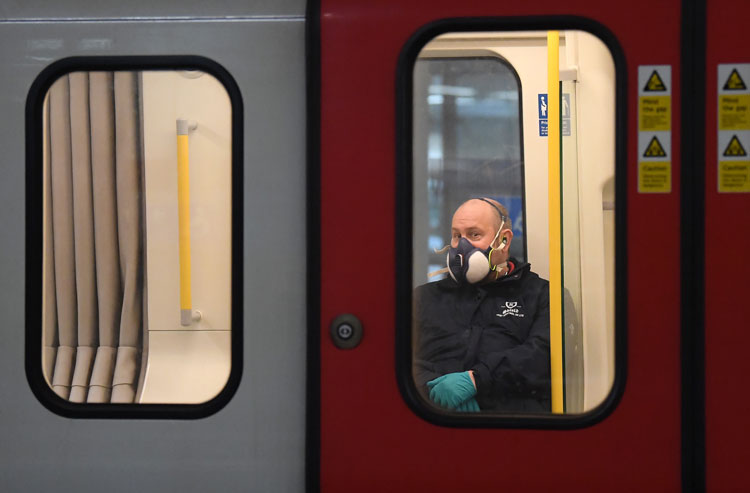
Markets struggling: US stock futures are stumbling today, even as the US moves closer toward passing a $2 trillion stimulus bill. The House of Representatives is expected to take up the measure on Friday. Markets in Asia Pacific struggled for direction, and Australia's S&P/ASX 200 was the only major benchmark in the region to trade firmly in the green.
Deadliest day in the US: Wednesday was the deadliest day the US has seen during the pandemic with 233 fatalities reported, taking the US to 65,273 cases and 938 deaths. California's cases are doubling every few days, while officials have warned that San Francisco could reach New York levels.
Dire situation in Spain: The total number of infections in Spain is inching closer to 50,000, according to figures from Johns Hopkins University. At over 3,600 fatalities, the number of deaths reported in the country has surpassed those in China. Only Italy has reported more.
New imported cases in China: The country reported 67 new imported coronavirus cases on Wednesday, but no new locally transmitted ones. Its rate of new infections has slowed significantly, with 81,285 cases, 3,287 deaths, 74,051 recovered.
Largest single-day spike in Japan: The country saw its largest single-day spike in cases since the outbreak began, with 98 new cases and two more deaths reported Wednesday. The nation has now had 2,003 cases and 55 deaths. Japanese people have been urged to avoid all non-essential overseas travel.
New Zealand on high alert: Authorities confirmed 73 new coronavirus patients and five more probable cases -- the most in a 24-hour period to date. The country is in its first full day on alert Level 4, the highest category. Most people are required to stay home.
India pledges $22.6 billion in support: The government has announced a relief package to assist those most affected by the pandemic and 21-day nationwide lockdown. It includes medical insurance cover of $66,400 per person to those working on the frontlines and 5 kilograms of rice or wheat per month for 800 million people.
Moscow closes down: All cafes, parks and stores (except grocery stores, delivery kitchens and pharmacies) will shut until April 5 after Russia saw its sharpest spike in the past 24 hours, reaching 840 cases and three deaths. Putin said last week Russia had managed to slow the spread of coronavirus thanks to early and aggressive measures.
Some happy news: Wynn, a service dog in training, is bringing joy and comfort to the medical staff on the front lines of the battle against the virus in Denver, Colorado.

